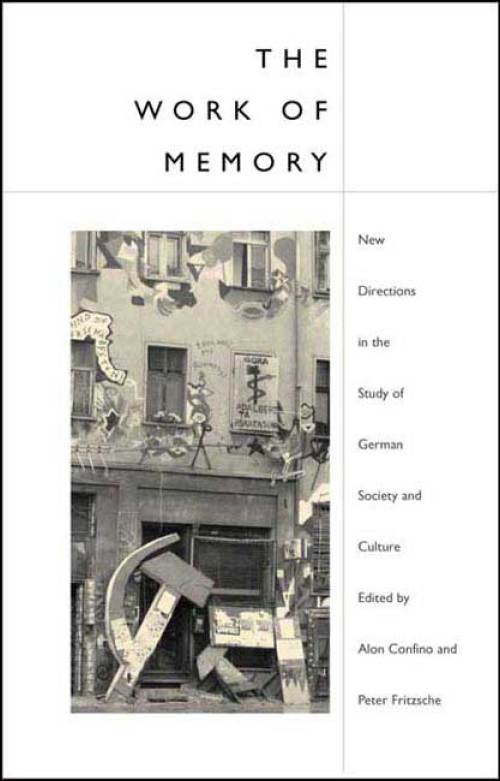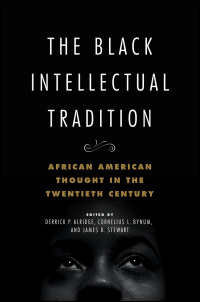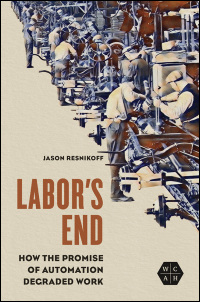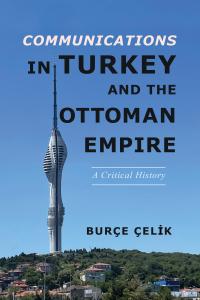
The Work of Memory
About the Book
Coming to terms with a troubled past is the mark of the modern condition. But how does memory operate?This powerful collection of original essays probes this question by focusing on Germany, where historical trauma and political turbulence over the past century have deeply scarred modern memory and identity. Tracing the role of memory in German history between the Reformation and reunification, contributors show how memory has a history and the presence of the past has historical context. With scholarly zeal and keen insight, these essays draw on ghost stories and the postwar fiction of Heinrich Böll, among other memory sites, escorting the reader through the streets of Alt Hildesheim and the grocery aisles of East Germany. By historicizing memory, this volume surpasses the efforts of previous memory scholarship in confronting Germany's National Socialist past.
Standard approaches to memory in modern Germany have explored how the past represents social relations and is commemorated in literature, art, and personal narrative. In taking memory "out of the museum" and "beyond the monument," The Work of Memory investigates the ways memory forms social relations and is integral to the construction of identities, communities, and policies.
Profound and provocative, The Work of Memory contributes to a much-needed anthropology of memory in modern Germany.
Reviews
"This is most certainly not yet another book on memory with the air of déjà vu many volumes inevitably have, but an innovative and challenging contribution, with an excellent introduction."–- Pieter Lagrou, author of The Legacy of Nazi Occupation: Patriotic Memory and National Recovery in Western Europe, 1945-1965"...forms the strength and the potential of the study of 'memory' for German history."-- Journal of Contemporary History




